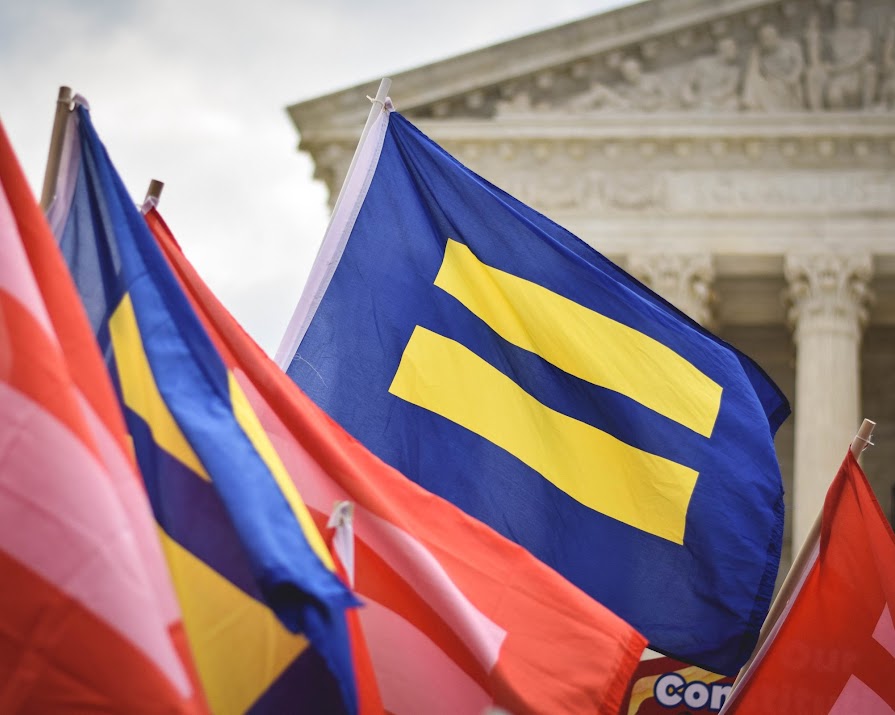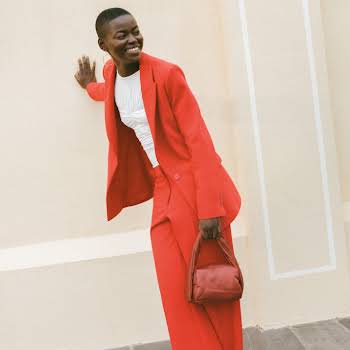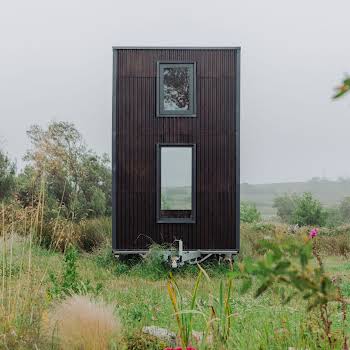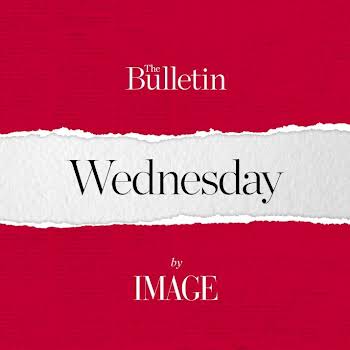
By IMAGE
19th Dec 2018
19th Dec 2018
Shubhangi Karmakar is a medic, researcher, designer, gamer, activist and a new voice to IMAGE.ie. Here, following the Women of the Year awards, she writes about uplifting the successes of all women in society.
The IMAGE.ie Women Of The Year Awards 2018 showcased some exceptional women from various activist and creative sectors in Ireland. However, they fell at the same hurdle as Irish Tatler with their awards, awarding no women of colour – similarly to the TEDx Trinity College Dublin society, who ran a panel on ‘diverse’ and ‘modern feminism’ with only white speakers, some of whom are on both IMAGE and Tatler’s WOTYA lists.
Having lived with what some might call a higher-than-commendable level of melanin around the world, my thoughts on the erasure we suffer in Ireland is two-fold. Firstly, we do not have equality of opportunity to attain ‘excellence’ in our fields and hold high ranking academic or corporate positions for equal pay, and for eventual legitimisation by awards panels.
People underrepresented in the glitz of awards are continuously overrepresented in low-to-mid level positions, ‘menial’ labour, or in ‘free’ labour at a cost to health, time and personal resources, such as non-profit activism. What is harder for a white woman with connections compared to a white man, is harder yet for a LGBTQ+ and/or disabled and/or woman of colour without them. And in that, we also suffer from the presumption that once equality is attained for white minority groups, injustice towards people from minority ethnicities can be normalised – because ‘[we] are used to it’.

From editorial floors to smashing glass ceilings
This lack of equality of opportunity feeds into lack of representation, in a cycle of deprivation. The stream of opportunities run dry for anyone, scientists to celebrities on stage and screen, who can’t say their expertise has been legitimised by almost copy-paste white awards. Meanwhile, all-white publication editorial teams are absolved saying, “But, exclusion wasn’t our aim.” Or worse still, “I’m sure we probably had women of colour in our long list, but when we came to picking the shortlist and winners, they probably got left on the editorial floor.”
So what can be done, to get us off editorial floors to smashing glass ceilings? We need to represent ourselves, not just as individuals but as communities, and we are building our platforms already. Repealist.ie is my foray into a platform for LGBTQ+, disabled and minority ethnicity collaboration, with editorial responsibilities shared between people of those communities.
We must reduce incendiary framing of our work as ‘heated arguments’, or its erasure by oversight by editorial teams, and create visible portfolios distributed to media outlets to establish our presence as current and emerging leaders in the scientific, creative and social activist sectors.
Fairly representing the exceptional challenges we face
I and my fellow women of colour face physical and verbal abuse in person and online on a near-daily basis in Ireland – just for existing, and doing the work we do. We must start fairly representing the exceptional challenges we face to earn our accomplishments too. It is time that those who grace magazines aren’t just those with pristine privileged lifestyles and careers, to make our experiences an unquestionable part of the fabric of Irish society, to seek to remove those obstacles. And finally, we must question every instance of erasure together, as it is exhausting to go this road alone with additional challenges but no solidarity.
Instead of entrenching a dichotomy of ‘historically white’ versus ‘modern’ Irish award-winning women, we must educate and collaborate with traditionally white platforms and writers to improve their diversity. So that for future Women Of The Year Awards, there isn’t the issue of ‘diminishing’ anyone’s achievements because of the colour of their skin, but uplifting the successes of all women in society, regardless of it.
By Shubhangi Karmakar // Twitter: @Repealist_























